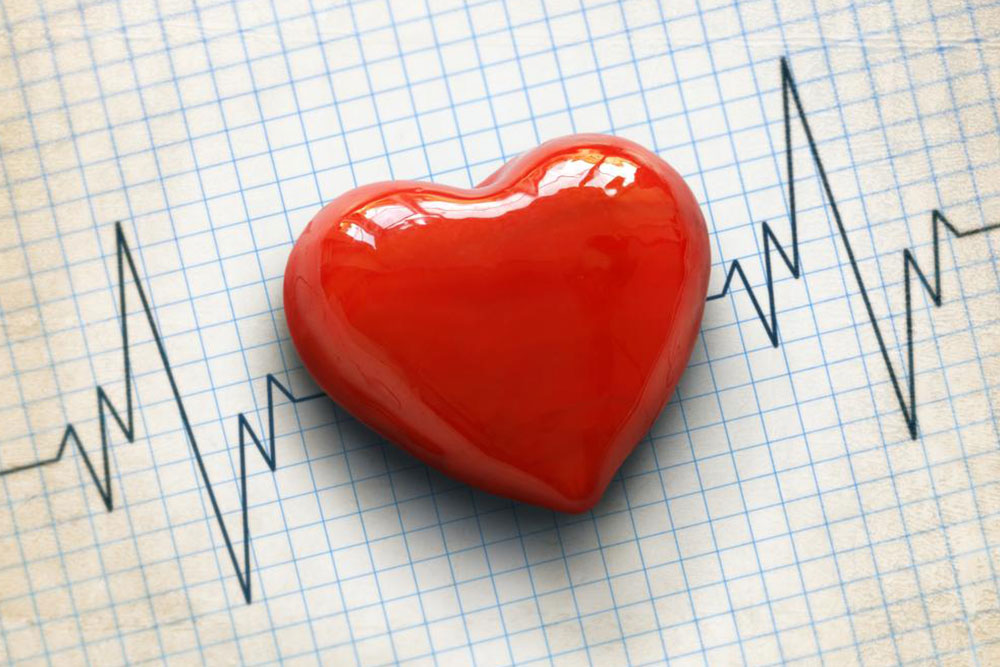The Normal Cholesterol Levels and Their Management
A high level of cholesterol will increase the chances of heart diseases. Medications do help in keeping the cholesterol levels in check. However, instead of medications, if you can change your lifestyle, then it will be beneficial for you in the longer run. Before getting to know what kind of changes in your lifestyle will help, let’s see what the normal cholesterol levels are for your body.
A blood test called lipid profile checks your cholesterol levels and generally reports the flowing things:

- Total cholesterol
- Triglycerides
- High-density lipoprotein (HDL) cholesterol
- Low-density lipoprotein (LDL) cholesterol
What are the normal cholesterol levels ?
The normal cholesterol levels depend on lot many factors but usually, they are universal for all. In order to get the perfect numbers or your cholesterol, it is highly recommended that you don’t drink (except water) or eat anything for about 9 to 12 hours prior to submitting blood samples. In the United States of America, the cholesterol levels are generally measured in mg/dl or milligrams (mg) of cholesterol in per decilitre (dl) of blood. Below are the various levels of measurement used for measuring cholesterol.
Total cholesterol
- Below 200 mg/dl- Mostly desirable
- Between 200 mg/dl to 239 mg/dl- Borderline
- 240 mg/dl and above- High
Triglycerides
- Below 150 mg/dl- Mostly desirable
- 150-199 mg/dl- Borderline
- 200-499 mg/dl- High
- 500 mg/dl and above- Very high
HDL Cholesterol
- Below 40 mg/dl (men) or Below 50 mg/dl (women)- Poor
- 50-59 mg/dl- Better
- 60 mg/dl and above- Best
LDL Cholesterol
- Below 70 mg/dl- Ideal cholesterol levels for those who are suffering from heart disease or diabetes
- Below 100 mg/dl- Highest for those people who are at risk of heart disease
- 100-129 mg/dl- Close to optimal if there are no heart diseases; high if the person has heart disease.
- 130-159 mg/dl- Borderline high if there are no heart diseases; high in case of heart disease.
- 160-189 mg/dl- High when there are no heart diseases; very high in case of heart disease.
- 190 mg/dl and above- Very high
Keeping cholesterol in check
To maintain normal cholesterol levels or for better management of cholesterol, you can try the following tips:
- Concentrate on consuming monounsaturated fats – Eat foods that are a great source of monounsaturated fats such as tree nuts, avocado, canola oil, and olive oil. These fats help you to reduce LDL cholesterol, which is bad cholesterol, and increase the HDL cholesterol, which is good cholesterol, and achieve normal cholesterol levels. Moreover, they will decrease the oxidation which results in clogged arteries.
- Take polyunsaturated fats – Most of the polyunsaturated fats help you to keep normal cholesterol levels. These fats are extremely beneficial for your heart and will reduce the chances of diabetes. If you want to have additional heart benefits, then include the sources of omega-3 fatty acids, such as mackerel, salmon, trout, and others, in your diet plan.
- Avoid trans-fats – If you consume foods that are made with hydrogenated oil that contains trans-fats, then it is extremely harmful to your heart. Instead, you can opt for the food products available in the market that have zero trans-fats in each serving.
- Include soluble fiber in the diet – Soluble fibers nourish your body by reducing unhealthy VLDL or LDL cholesterol. They also nourish the gut bacteria which is probiotic in nature. Beans, lentils, peas, psyllium, fruits, and other whole grains that include oats are also a good source of soluble fibers. Make sure that you include all these in your diet.
- Exercise – Exercise can drastically improve cholesterol levels. It will improve the condition of your heart also. The longer you exercise, the more benefits you will reap. You can also try brisk walk during your lunchtime or play your favorite sport or ride your bike to your office. The intensity of your workout determines how fast you will get your healthy cholesterol levels
- Lose weight – Obesity is also the main reasons for high cholesterol. When you start losing weight, you will reduce your total cholesterol level. Many studies have found different effects of weight loss on LDL and HDL cholesterols. Losing weight will lower the cholesterol creation in your liver.
- Stop smoking – Smoking has a very adverse effect on cholesterol. Smokers generally do not have normal cholesterol levels, and the reason for that is the increase of bad lipoproteins which occurs due to smoking. It also affects the ability of your body to send the cholesterol back to the liver for breaking down or getting stored.
- Keep your alcohol intake in check- Keeping your alcohol intake in check also ensures that your cholesterol levels remain in the normal range. Too much alcohol can raise the levels of bad cholesterol in the body causing different health conditions.
As you now know what healthy cholesterol levels are, whenever it fluctuates, make changes to your lifestyle to bring it back to normal. Cholesterols play a vital role in the functioning of your body. Excessive cholesterol will cause liver and heart problems.